
When
the studio carts out the real life person they just made a movie
about, that’s a good sign. People don’t usually support their
slander pieces, so clearly Chris Gardner stands behind THE
PURSUIT OF HAPPYNESS.
In 1981,
Gardner
took a competitive internship at the Dean Witter brokerage firm.
That would have been fine, but he had a family to support and
already massive debt to pay off. But he persevered, even when forced
to live on the street with his child.
Now,
Gardner
is rolling in it. He wore one of many sharp suits, having retired a
millionaire. He doesn’t look much like Will Smith, but we can
suspend disbelief.
Chris
Gardner

Why
did you start writing your book while they were already making this
movie?
First of all, can I talk about the book a little bit and why we
decided to do the book. I got approached by some folks who are now
my agents, Jennifer Gates, after she saw the first 20/20 piece we
did with Barbara Walters. She approached me with the idea to do a
business/life lessons book. I thought that could be interesting.
It’s a different kind of book. You can confine where you have to go
with that book.
A
little while after that I was getting an award from an organization
from the National Fatherhood Initiative in
Philadelphia
. And they had an emcee who wanted to keep the program rolling and
he kept citing all these statistics, and he kept citing these things
over and over: if you were born in this house, if you’re from this
family, if you lived in this neighborhood, this is who you’re going
to turn out to be. I sat there and I kept saying silently to myself,
“That’s bullsh*t.” I said it silently to myself to a point
where I stepped up to the podium to get my award, you know what came
out of my mouth.
I
felt it in my heart and I’m so glad that I said it, because in a
room full of 1,000 people, so many people came up to me later and
said, “You know what, I’m glad you said that because I’m from
that family and I lived in that house and I’m from that
neighborhood, and just like you, I made a conscious decision to go
the other way.” The last guy that night to come up to me was
this guy with an incredibly rich voice said, “Yes, a lot of it
bullsh*t, isn’t it?” And it was James Earl Jones. So if Darth
Vader says it’s bullsh*t, it’s bullsh*t.
It
was then that I said, “I can do this book. I gotta do this
book. To do this, I’ve gotta own this. I’m probably the only person
in here like this. I have all the stuff in my head in this nice
little tight boxes that had the same thing on them: do not
disturb.” In the process of doing the book, you take the lid
off of one box and it’s connected to another box, and all this stuff
comes out. That’s how the book came to be, and it was just a
coincidence. These things happen simultaneously, it was not planned.
I would like to also say, I’m so happy I got a chance to do the
book. As great as this film is, and personally, I could not be
happier, I’m biased, of course.
Do
you look back and think, what if I made another choice?
No.
No. No. One of my favorite people in the whole world, Dr. Maya
Angelou, once said to a similar question, “I wouldn’t take
nothing from my journey now.” No. I honest to God believe that
if you change one thing, it changes everything that happens
afterwards. No, I wouldn’t change anything.
How
did you stay inspired? Where does it come from?
I
attribute all of that to my mother. I’m studying and developing a
concept right now that I’m calling spiritual genetics. To do this
book, I had to look as deeply as I could into my mom’s life and my
family, again, I may be the only person in this room that this
happened to, my family invented the “don’t ask, don’t
tell” policy that later was adopted by the Clinton
Administration. I had to really dig into where did I get this stuff
from in me, what made me think I could do these things.
I
don’t know if any of your guys read the book, and if you haven’t I
would encourage you to, but one of the first stories I tell in the
book is one of those life altering experiences, that had it not
happened, maybe I’d be a different guy. Briefly, I’m home alone,
about to watch a basketball game. It was unusual that I’d have the
television to myself. My mom was also home. The announcer is hyping
the game and talking about all the money these ballplayers are going
to make and the great lives they’re going to have and all this great
stuff, and I said out loud to no one, “Wow, one day that guy’s
going to make $1 million.” And my mom was on the other side of
the room and she heard me and said, “You know what? If you want
to, one day you can make $1 million.”
Until
she said those words, it had never entered my mind as a possibility.
But after she said them, it was just a matter of finding the right
venue. To answer your question as directly as possible, I have to
attribute all of that to her. She had so many of her own dreams,
denied, deferred and destroyed, but she still instilled in me, her
child, that I could have dreams. And not just have dreams, but to
have the responsibility to make them come true.
Is
there a way to teach your kind of work ethic to the whole society
for people who don’t have parents instilling it in them?
I
don’t know if there’s a way to teach passion. I got lucky, man. I
found something I absolutely love. That’s something I talk to people
about all the time: forget about money. Find something that gets you
so jacked up that you can’t wait till the sun comes up because you
want to go do your thing. You can’t wait till the sun comes up
because you want to go DO it. Forget about money. The work ethic is
directly connected to the passion.
Talk
about your experience at the Glide homeless shelter. And whose idea
was it to have Cecil (the reverend) in the film?
Actually,
I think that was my idea. Reading the first script, Steven Conroy, a
brilliant writer, something was missing. If I recall correctly, I
called one of the producers, I called Todd, and I said, Todd, if
there was no Cecil Williams, then there would be no Chris Gardner.
And he agreed with me so Cecil Williams was written into the script.
The funny thing was that when it was time to audition actors to play
Rev. Williams, when they found who they were going to be playing,
they all declined out of respect. So we had to get the reverend to
play himself and he did a good job.
What
does it take to have the attitude of, as Will says in the movie,
don’t let anybody tell you you can’t do something?
Again,
it goes back to passion. I keep saying that word over and over. I
remember the day we shot the scene and we had some intense
discussions on which way that should go. We all agreed, it was
Jason’s idea that this man could not chop down his child’s dream,
and the world had thus far done him. It was Jason who said this
cannot be that kind of story. I’m thankful to Jason for that.

The real Will Smith and Chris Gardner
What
was your relationship with Will?
I’ve
been asked that question a few times, and there have been some
surreal moments on this part of the journey. First one, I go to meet
Will. I go to his house. I’ll never forget. They sent a car to pick
me up because it’s one of those places up in the mountains you would
never find. I guess that’s the idea. We finally get close to the
house and I look up at this tree and say to myself, “That’s the
biggest housecat I’ve ever seen.” We sat down, talked and
chitchat, and Will says to me, “Man, we don’t have a cat that
big. That was a mountain lion.” That was kind of freaky.
When
I first met him, we go to the house with the idea to discuss the
script. I take along the script, and my notes, but I also brought
along a picture of my son and I sitting in front of the house where
we first lived in after living on the streets a year. I say to Will,
“We can talk about the script or we can talk about these two
guys. What do you want to do?” You know what he chose. Let’s
talk about these two guys. We had a great conversation, a couple of
hours, just he and I. Someplace in the conversation, he started
looking at me like this [leans back and holds hand to chin.]
He
had begun to study me. It made me uncomfortable. I’d never been
studied. I made a decision from the beginning I would trust him. I
said to him, “I’m going to be as open as I can and I’m going to
trust you as an artist to pick and chose, slice and dice, cut and
paste, whatever artists do to tell stories.” I’m very happy to
tell people what they ask me about Will, what kind of guy is he:
regular, sweet, kind, humble loving guy, but he has a sick, twisted
perverted sense of humor. When he’s comfortable with you, he’ll say
things and you think, he’s serious!
What
was going through your mind when you saw the film?
The
same thing that was going through my mind last night when I saw it.
I still haven’t seen the whole film. That’s a luxury I have right
now. When life is happening in real-time, there ain’t no pause
button. At the movies, you can say, I’ll be back. I’m not
apprehensive. The best I can describe it, while they’re shooting a
scene, which is an accurate portrayal of where you are, you’re
comfortable with that. When I’m seeing that scene, I’m seeing the
360 degrees around. When I watch the film, I’m seeing it in 3-D.
There are moments where you have to say, well, hold up.
Were
there things that really happened to you that weren’t in the movie?
No.
You’ve got to accept you only have so many frames on a reel of film.
That goes back to the reason why I feel so good that I got a chance
to write the book. It’s all out there. The movie, as good as it is,
focuses on the darkest year of my life. I don’t know how many of you
have children, but if see yourself on the street with a baby tied
around your back, that’s deep enough.
How
old is your son and what’s his impression of the film?
He’s
25, and when you’re 25 you don’t have impressions. He is just so
cool. He was so young [1 or 2 years of age in real life], you know
what he remembers, am I’m so thankful because maybe I did that thing
right, he remembers that we were together every day. That’s what he
remembers. He remembers a lot of moving, he’ll admit that but he
remembers we were together every day. As I’ve said many times, there
are folks who live in multimillion-dollar houses with their children
and their children can’t say that.
What
did you think of the decision to age him up in the film?
I
understood that. You’ve got to give these guys some license. My son
was 2 years old when we were going through this. Did we have
dialogue? Yeah. But there’s obviously more you can do when the child
is a little older. Give them some license. But I gotta tell you I
saw one scene last night where my son says something to me that is
probably the most important thing he’s ever said to me in his life
when he says, “Papa, you’re a good papa.” In the book, I
had a chance to talk about where I was emotionally; how frightened I
was. To have this boy at 2 years old stand up and say, you’re a good
papa, and have that incorporated into the script and the movie, that
was the big thing for me.
The
movie doesn’t even address the possibility of racism. Did really
nobody ever mention the odds of being a black stockbroker in 1981?
When
and if you read the book, and I encourage you to do it, I did have
some experiences of that nature. They’re unavoidable. This is where
we are and it’s real. What’s important, the biggest “ism”
I had to deal with wasn’t racism. It was “place-ism.” When
I was trying to pursue my career on Wall Street, in the book I had
an opportunity to talk about “place-ism.” I’m not from a
politically connected family. I hadn’t gone to college.
I
had no money of my own. Who’s going to do business with you? That’s
place-ism, that’s not racism. That’s the biggest “ism” I
had to deal with and that’s an “ism” that can affect
anybody in this room. The racism thing was secondary. My love for
what I had an opportunity to do, and my love for my child, and my
commitment minimized everything else. In my life, have I had to deal
with (racism)? Yeah, I have and probably will continue today. I’ll
probably go outside right now and can’t get a cab. Actually, Sony’s
got a car waiting for me. [Laughs]
What
do you say to homeless people who can’t see your film?
That’s
a whole separate issue. The truth is the situation might be worse
than anyone in this room realizes. Twelve percent of all the
homeless people in this country have jobs and go to work every day.
Some communities that number is as high as 30 percent, and that
number ain’t all black. They’ve got jobs and go to work every day. A
couple of things I gotta share: Will and I went for a series of
walks prior to filming and I took him late at night, no security,
just he and I, and I showed him all the places where we used to have
to sleep, he and I.
I
took him to the bathrooms, the train stations and the parks. One of
the first things he said to me was, “You know, a lot of these
people are dressed to go someplace.” A lot of them were dressed
to go to work. One of the coolest things happened on filming of
PURSUIT. This was a big-budget film. I don’t know what the final
number was. But one day we hired 250 homeless people to be
themselves for scenes at Glide. A day’s work for a day’s pay. Two
days. A couple comes up to me on the set and said, “We’re both
working. We’ve been trying to get off the streets for six months.
We’ve saved everything. All we needed was another $500 to get a
house, and we made that $500 working on this movie.” That for
me was the coolest thing in the world. What do you think: $50-60
million gets spent and $500 gets a family off the street. That’s a
big deal.


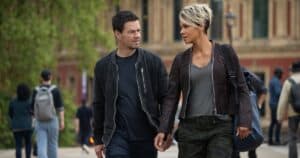


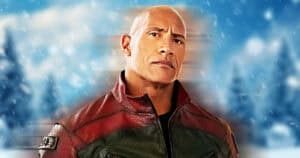

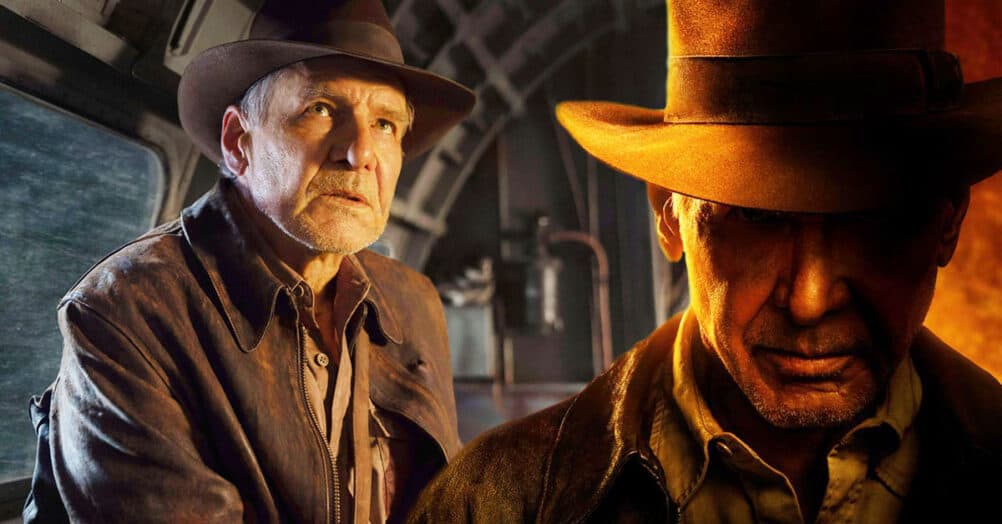
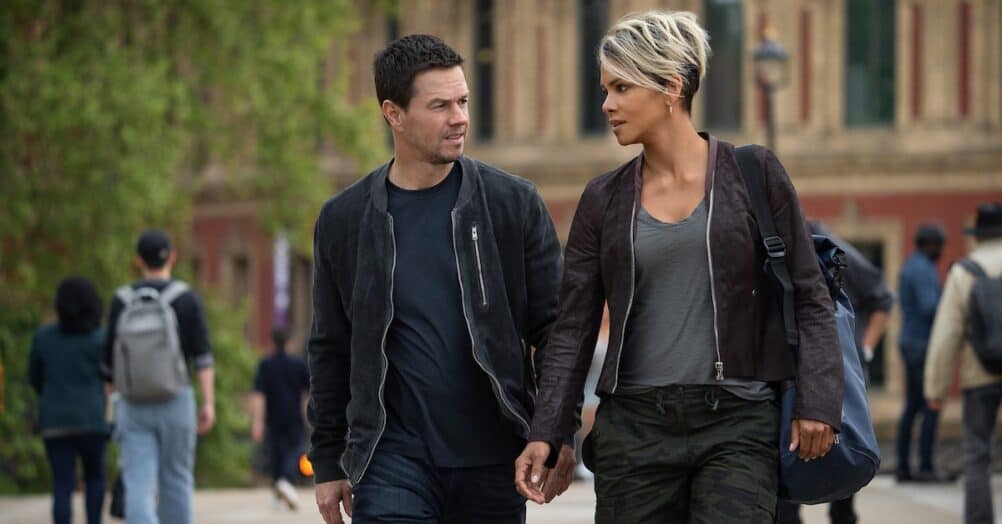
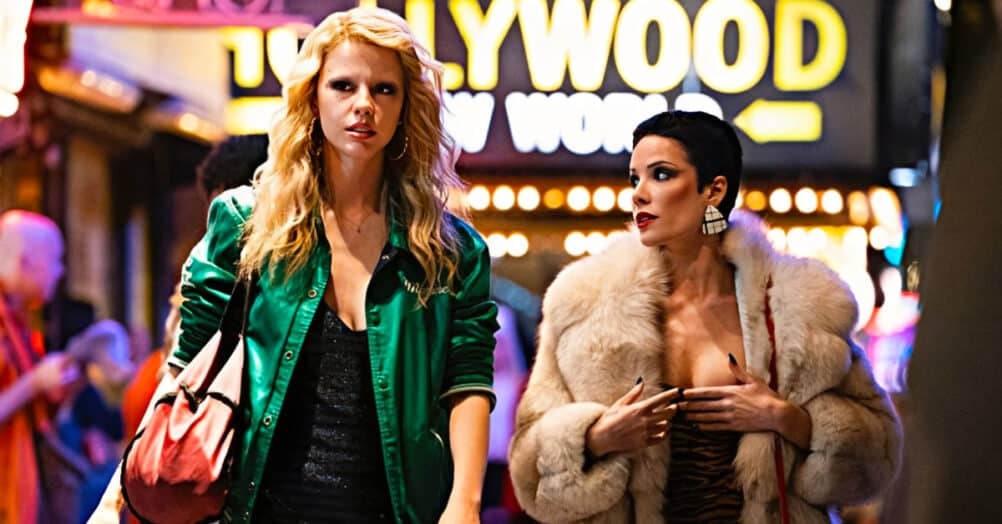
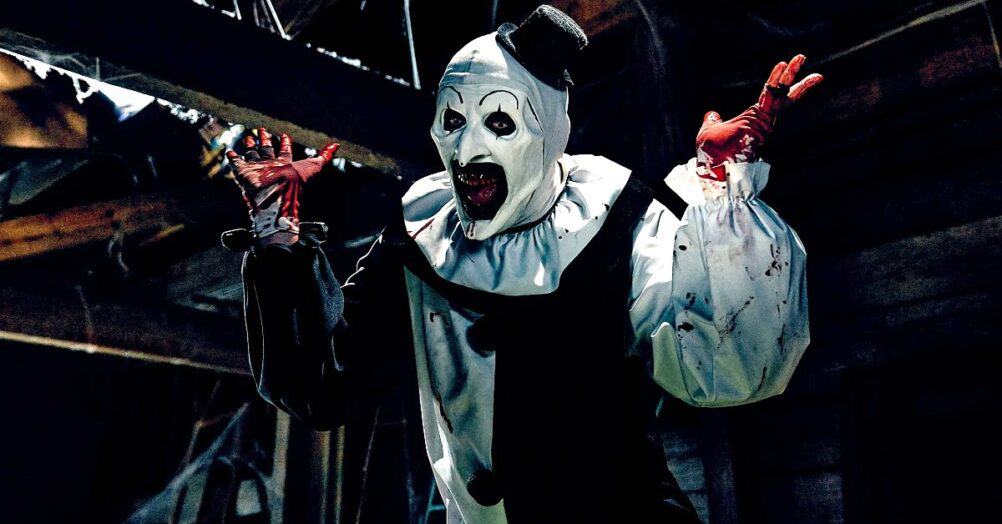
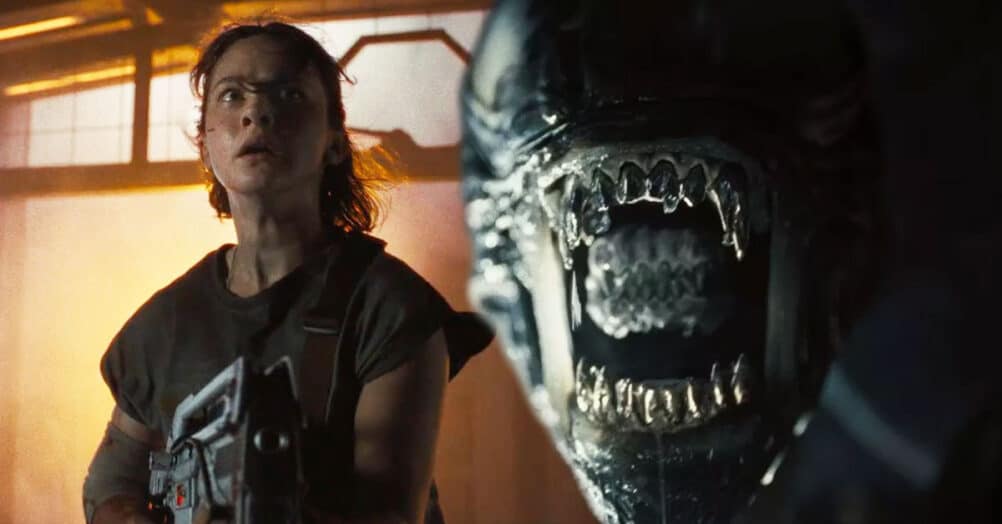
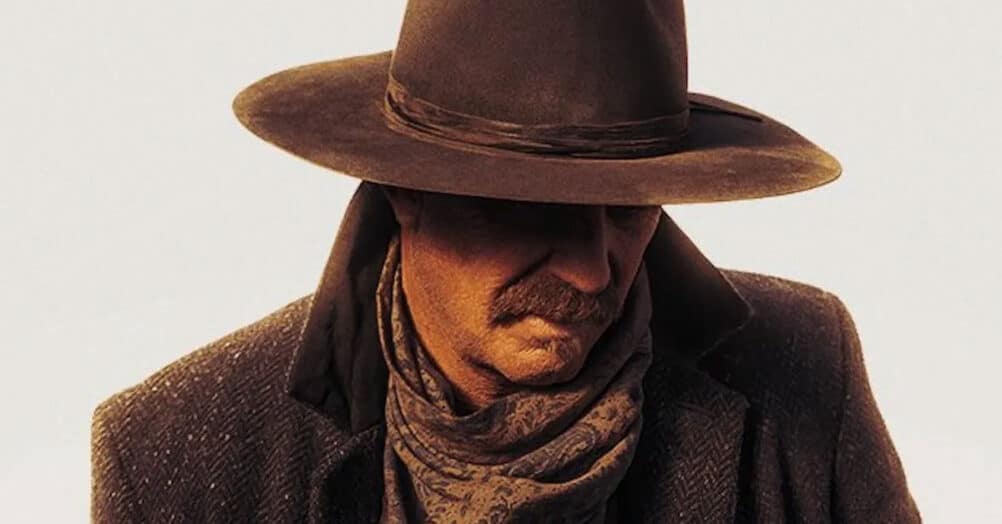
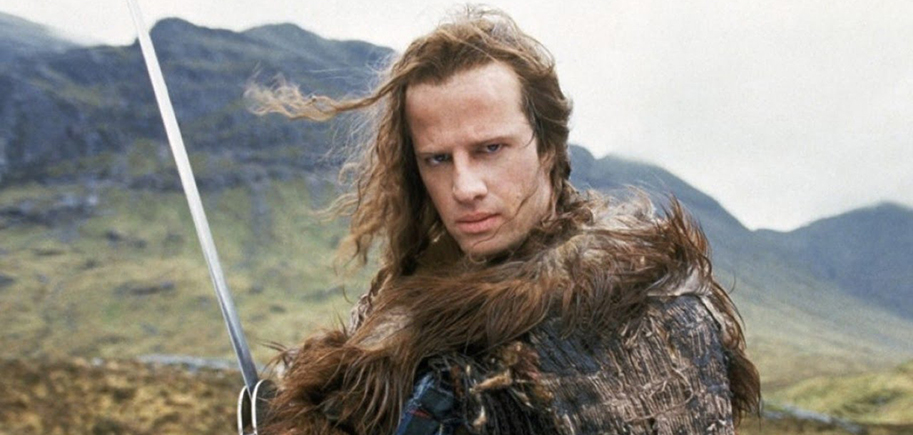
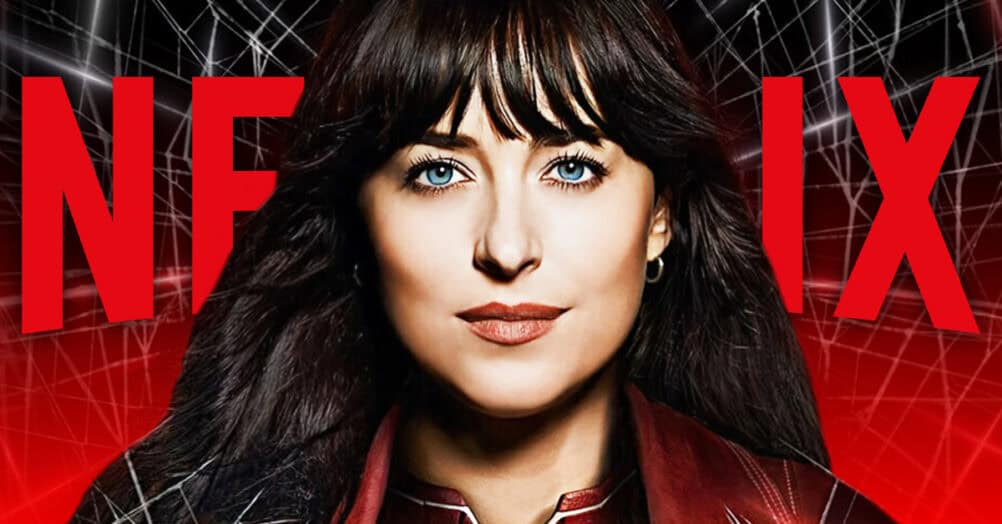
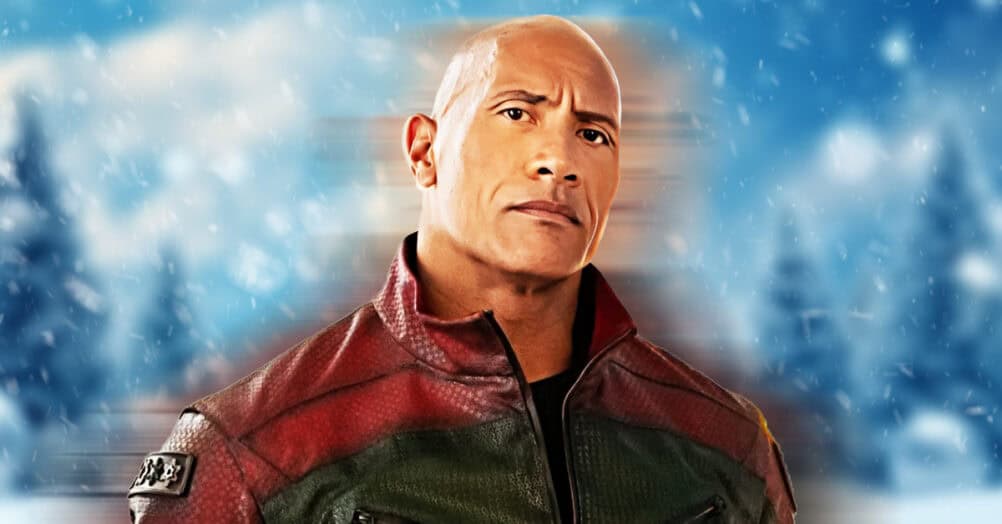
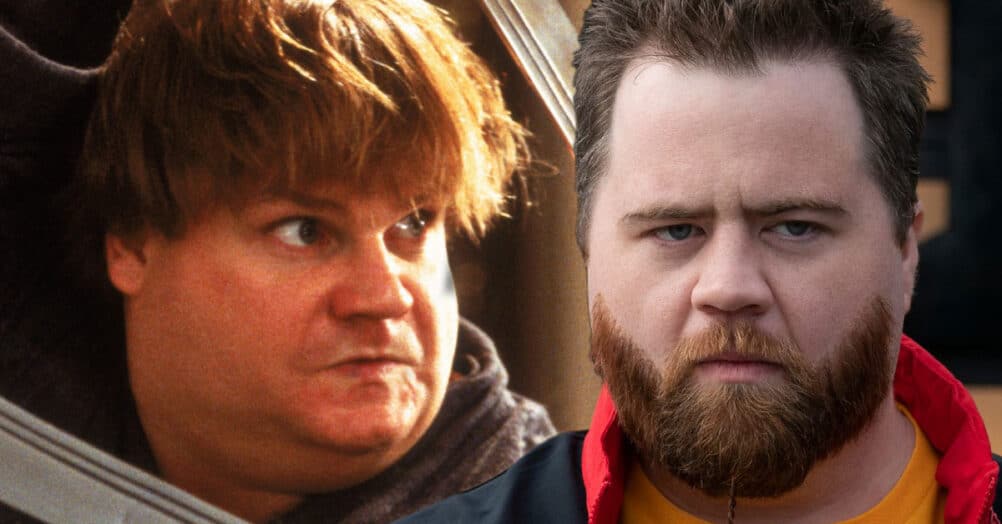
Follow the JOBLO MOVIE NETWORK
Follow us on YOUTUBE
Follow ARROW IN THE HEAD
Follow AITH on YOUTUBE